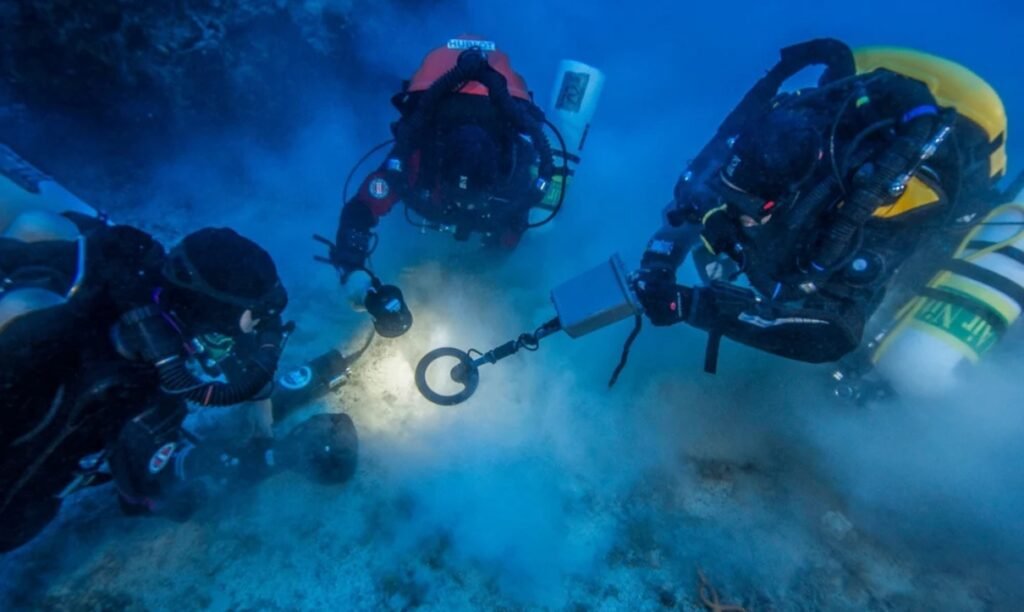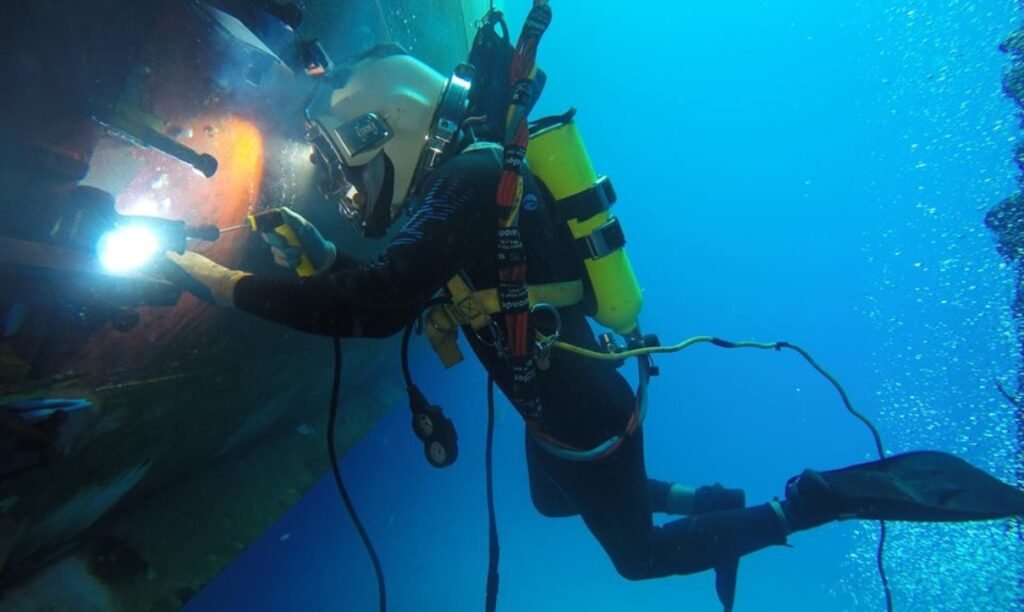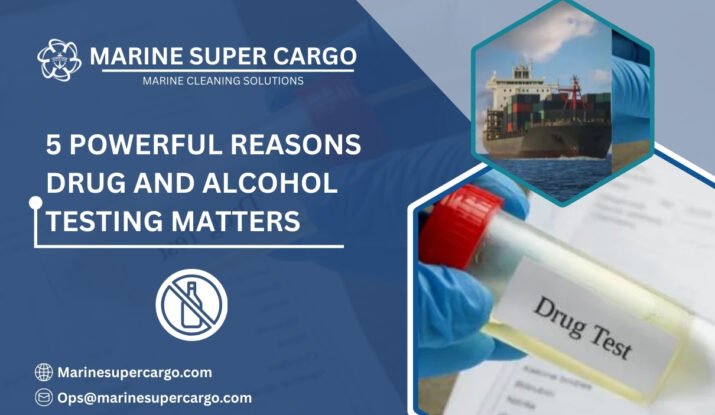When it comes to running safe and efficient operations—at sea, on offshore platforms, or within any logistics chain—very few issues can derail safety as quickly as drug and alcohol misuse. You’ve probably heard tragic stories: one moment of impaired judgment leading to accidents that ripple through crews, vessels, and even whole ecosystems. That’s where Drug and Alcohol Testing steps in—not just as a compliance checkbox, but as a lifeline for safety, efficiency, and reputation.
Think of it like the difference between steering a vessel with a clear radar versus one clouded by fog. Testing clears the “human radar,” ensuring the people handling operations are alert, focused, and ready to respond.
In this article, we’ll explore five powerful reasons why Drug and Alcohol Testing matters, especially for industries like shipping and offshore operations where lives, assets, and the environment are always on the line.
Why Safety Comes First
Imagine a vessel entering a congested port at night. The officer on duty misses a signal, and within seconds, a preventable tragedy unfolds. Investigations often reveal impaired alertness—caused by drugs or alcohol.
That’s where Drug and Alcohol Testing plays its role. It acts like a radar for human performance, detecting hidden risks before they cause disasters. Just as you wouldn’t set sail without navigational tools, you shouldn’t operate without ensuring your crew is clear-headed.

Protecting Human Life and Crew Safety
Maritime work is high-pressure. Heavy machinery, long shifts, and exposure to unforgiving seas demand sharp minds and steady hands. Substance misuse eliminates those safeguards.
- Risks multiply: Impairment can cause small lapses that turn into deadly accidents.
- Fatigue worsens: Alcohol and drugs amplify tiredness, already a leading accident factor.
- Zero tolerance: The International Marine Contractors Association (IMCA) emphasizes zero impairment standards for offshore work.
Simply put, Drug and Alcohol Testing ensures that everyone at sea is truly fit for duty.
Meeting Regulatory Compliance
Compliance in shipping isn’t optional; it’s your operating license. International regulations make sobriety a fundamental standard.
- IMO Regulations: The International Maritime Organization sets clear alcohol limits for duty officers.
- MARPOL Convention: Crew negligence tied to drugs or alcohol can lead to pollution liability under this convention.
- Port State Control (PSC): Surprise inspections often include checks for testing programs. Fail and your ship risks detention, delays, and blacklisting.
Building Drug and Alcohol Testing into your Safety Management System demonstrates both compliance and a proactive safety culture.
Preventing Environmental Disasters
The ocean is as vast as it is fragile. A single, impaired mistake can trigger catastrophic consequences.
- Oil spills: Mishandled operations often link back to human error, worsened by substance misuse.
- MARPOL Accountability: Shipowners bear primary liability for environmental harm caused by their crew.
- Global scrutiny: Environmental incidents tied to drugs or alcohol capture worldwide headlines, damaging reputations and reshaping shipping contracts.
Drug and Alcohol Testing works like ballast water treatment—it ensures hidden risks don’t spill into the ocean’s delicate ecosystems.
Protecting Reputation and Business Partnerships
Would you trust a carrier that overlooks crew sobriety? Reputation in shipping is fragile, and one breach can undo decades of trust.
- Charterers: Clients prefer operators with visible, rigorous safety practices.
- Insurers: Companies with solid testing programs are safer bets in high-risk waters.
- Crew morale: Testing promotes discipline, accountability, and confidence among seafarers.
Reputation is like a vessel’s polished hull. Testing keeps it clean, strong, and ready to navigate tough currents.
Reducing Costs and Ensuring Efficiency
Prevention always costs less than a cure. That principle applies as much to hull cleaning as it does to crew safety.
- Avoid downtime: An Impaired crew can cause accidents that idle vessels for days, even weeks.
- Save on insurance: Regular testing proves reduced risk, often lowering premiums.
- Boost productivity: Alert, unimpeded crews mean fewer mistakes and stronger efficiency.
Drug and Alcohol Testing is like proactive hull maintenance: a minor investment that prevents major losses.
✅ 4 Things to Check for Safety at Sea pic.twitter.com/dAxhJQ2i6U
— Marine Super Cargo (@Marinsupercargo) September 14, 2025
Marine Supercargo Expands Services: Drug and Alcohol Testing for Safer Seas
Marine Supercargo, already recognized for its global marine cleaning platform, has strengthened its safety offerings through a new service: Drug and Alcohol Testing.
This expansion comes at a crucial time when ship owners, operators, and managers face increased regulatory demands and risk exposures. By offering industry-standard testing solutions, Marine Supercargo ensures seafarers remain compliant, safe, and efficient on duty.
Ship operators benefit from:
- Meeting IMO and MARPOL compliance with confidence
- Reducing maritime accidents caused by impaired decision-making
- Enhancing crew readiness and operational effectiveness
Integrating cleaning services with testing creates a comprehensive safety net—protecting vessels both physically and through the people who operate them.

Looking Ahead: Future Innovation in Testing
Maritime safety is evolving rapidly, with technology reshaping how Drug and Alcohol Testing works.
- Wearable monitoring: Sensors track fatigue and impairment levels in real time.
- Rapid sample testing: Onboard devices deliver instant results without lab delays.
- AI analytics: Predictive systems highlight shifts or roles most at risk for human error.
The future means prevention, not reaction. Proactive companies will adopt these tools to keep pace with international safety demands.
Conclusion
Drug and Alcohol Testing is far more than compliance—it protects lives, prevents disasters, strengthens reputations, and creates cost efficiencies. In today’s maritime world, it is the foundation of operational safety.
Three takeaways for vessel operators:
- Crew safety demands sober, focused professionals at all times.
- Regulatory compliance through testing prevents detentions, fines, and risks.
- Strong testing programs boost trust, reduce costs, and protect the environment.
To strengthen your safety culture and ensure global compliance, explore sustainable solutions at CleanShip.co—because prevention always pays off at sea.
FAQs:
Q1. Why is Drug and Alcohol Testing vital in shipping?
It ensures crews are alert and capable of managing ships under high-risk conditions, preventing accidents that could cost lives, cargo, and the environment.
Q2. How do global regulations mandate crew sobriety?
The IMO and MARPOL Convention enforce strict alcohol limits. Failure to maintain compliance can result in port detentions, fines, and legal cases.
Q3. Can testing save money for operators?
Yes. Through reduced insurance costs, fewer accidents, and less downtime, Drug and Alcohol Testing provides measurable financial benefits.
Q4. Why is testing important for vessel cleaning operations?
Just like cleaning a ship’s hull boosts efficiency, sober crews ensure maintenance tasks are done accurately and safely without errors that risk delays.
Q5. What future trends will shape maritime testing?
Expect advanced wearables, real-time monitoring, and AI-powered systems to proactively manage risks before they turn into costly incidents.


